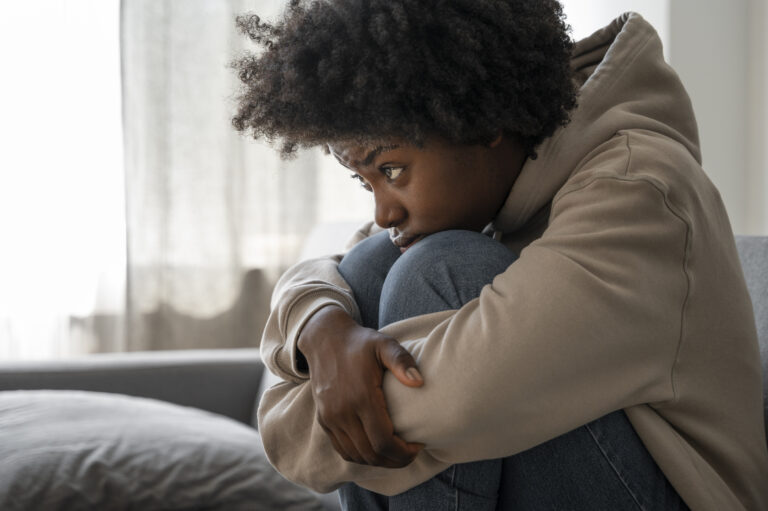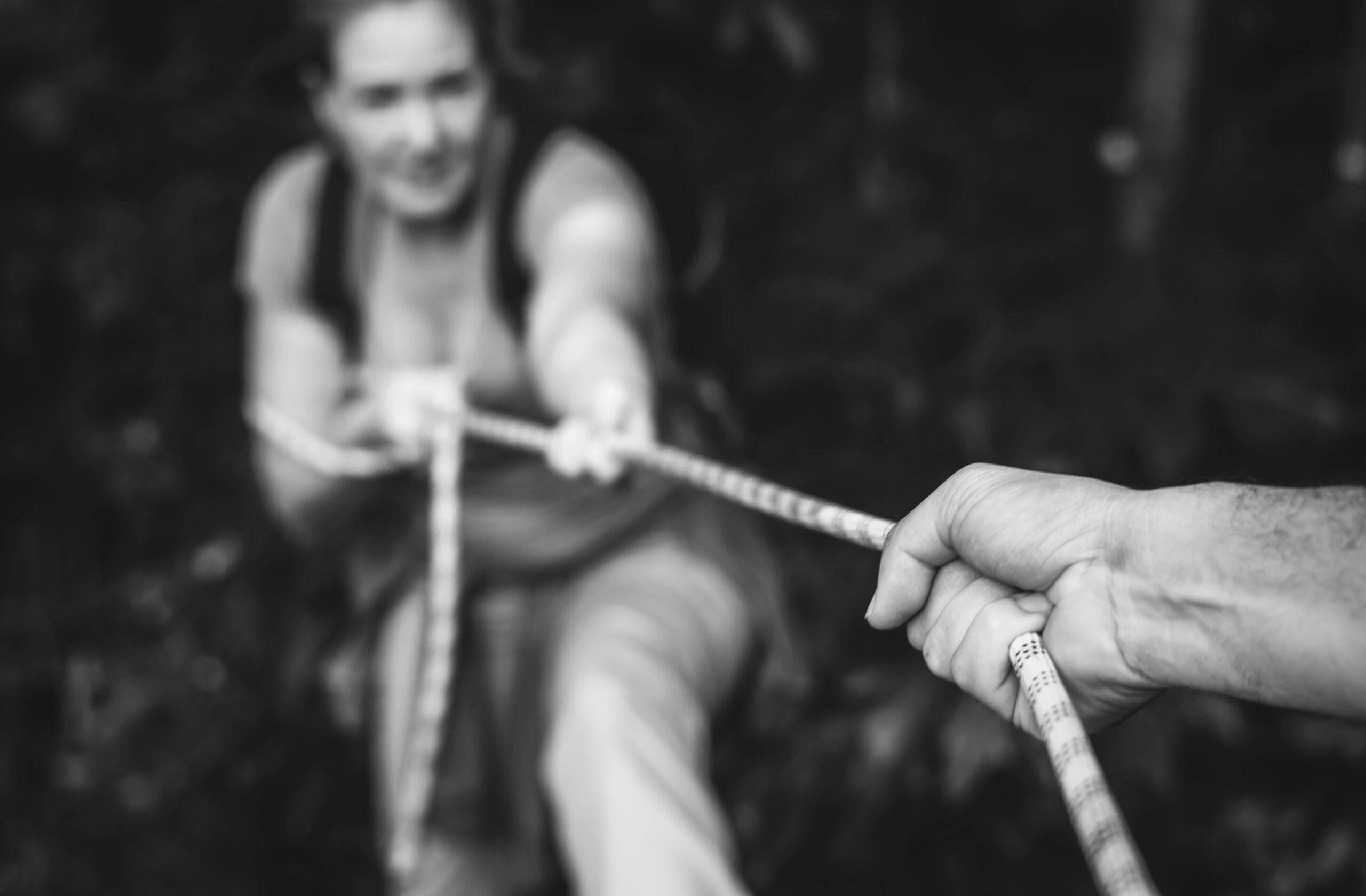Child molestation is a heinous crime that has far-reaching and devastating effects on its victims. Whether the abuse is physical, emotional, or sexual, it can cause serious harm that lasts well beyond childhood and into adulthood. Sadly, child molestation happens all too often in our society, with shocking statistics showing how prevalent this problem is. In this blog post, we will explore what constitutes child molestation, the different types of abuse that fall under this category, as well as the harmful long-term effects of such abuse. We’ll also discuss ways to prevent child molestation from happening and provide guidance on reporting suspected cases of abuse. So fasten your seatbelts because we’re about to dive deep into this difficult but critical issue!
What is Considered Child Molestation?
Child molestation is a term used to describe any form of sexual abuse against children. It involves the exploitation of minors for sexual purposes and can take different forms, including touching, fondling, penetration, or exposure to pornography.
It’s essential to note that child molestation doesn’t always involve physical contact. Non-contact offenses such as exposing oneself or soliciting sex talk from a minor are also considered child molestation.
Moreover, it’s important to understand that child molestation isn’t limited to strangers; in fact, most offenders are someone the victim knows and trusts such as family members or family friends. This makes it even more challenging for victims to speak up due to feelings of shame, guilt, and fear.
In summary, child molestation refers to any sexually abusive behavior towards children regardless of whether it involves physical contact or not. It is often perpetrated by someone known by the victim which adds another layer of complexity when dealing with this sensitive issue.
Child Molestation: What is it?
Child molestation is a form of child abuse that involves sexual contact or activity between an adult and a minor. It includes any sexual behavior with a child, such as fondling, penetration, exhibitionism, voyeurism, and exploitation. Child molesters can be family members, friends of the family, teachers, or strangers.
It’s important to understand that children who experience sexual abuse are not responsible for what happened to them. They don’t have the ability to consent to sexual behavior with adults due to their age and lack of maturity. Sexually abused children may feel confused about what happened and may also fear being blamed or punished.
The effects of child molestation can last long into adulthood and can impact every aspect of a person’s life. Victims may suffer from depression, anxiety disorders, post-traumatic stress disorder (PTSD), suicidal ideation, or substance abuse later in life.
Sadly, many cases of child molestation go unreported due to shame or guilt on behalf of the victim or their families. However, it is important for victims and their families to report these incidents immediately so they can receive proper support services and counseling.
Understanding what constitutes child molestation is crucial in preventing this damaging act from occurring in our society today.
The Different Types of Child Molestation
Child molestation is a term that describes various forms of sexual abuse that are committed against children. Unfortunately, child molestation can manifest in different ways, and it’s essential to understand them all to protect the most vulnerable members of society.
One type of child molestation is fondling or touching the genitalia or other sensitive parts of a child’s body. This usually happens when an adult takes advantage of their position as a caregiver, teacher, or family member.
Another form of child molestation is exposing oneself indecently to a minor or engaging in sexual activities while another person watches. This kind often happens online through live streaming services where perpetrators lure unsuspecting kids into watching inappropriate things.
Additionally, there’s also non-contact abuse such as grooming, flattering, and befriending minors until they feel comfortable enough for more explicit conversations. In some cases, these conversations lead to direct contact with the abuser if not nipped in the bud.
It’s important to note that every case of child molestation has varying degrees of severity and can cause long-term damage on both physical and mental health levels – ranging from anxiety disorders, depression symptoms, and PTSD, among others.
The Effects of Child Molestation
Child molestation can have devastating long-term effects on the victims. The emotional, physical, and mental damage inflicted by child molesters can last a lifetime.
One of the most common effects of child molestation is trauma. Victims may experience feelings of shame, guilt, and fear that can lead to depression or anxiety disorders. They may even turn to drugs or alcohol in an attempt to cope with their emotions.
The effects of childhood abuse are not limited to just emotional scars but also extend beyond that into physical symptoms such as headaches, stomach pains, and other psychosomatic issues that could manifest later in life.
In addition to this, victims often struggle with intimacy and trust issues later in life due to the betrayal they experienced at a young age, which can make it difficult for them to form healthy relationships with others.
Moreover, research shows that individuals who were sexually abused as children are more likely than others without a history of abuse to become abusers themselves – making it a cycle if left unchecked.
It’s important for survivors of child molestation to seek professional help from therapists or support groups who specialize in treating trauma caused by sexual abuse. It takes time and patience, but healing is possible when one has access to resources like these.
How to Prevent Child Molestation
One of the most crucial steps in preventing child molestation is to educate children about their bodies and what constitutes inappropriate touching. Parents must teach their kids that they have the right to say no if someone tries to touch them inappropriately. This conversation should be ongoing so kids feel comfortable discussing it with their parents anytime.
Another way to prevent child molestation is by being vigilant around potential abusers. Adults who work with children or spend time alone with them should undergo extensive background checks before they are allowed near kids. It’s also essential for adults to pay attention if a child seems uncomfortable around someone and investigate why.
Teaching children how to recognize inappropriate behavior can help prevent further abuse from happening. For example, telling your child not to keep secrets from you or warning them not to go anywhere alone with an adult can make all the difference.
Encouraging open lines of communication between parents and children is vital in preventing child molestation. Children need a safe space to share any concerns without fear of judgment or punishment. When parents maintain an honest dialogue, they’re more likely to catch any issues early on and protect their kids from long-term emotional damage caused by childhood abuse.
Reporting Child Molestation
Reporting child molestation is crucial in protecting children from further harm. If you suspect or witness any form of child abuse, including molestation, it is your responsibility to report it immediately.
The first step in reporting child molestation is to inform the authorities. Depending on where you live, this can be done by contacting the police department or social services agency. It’s important to provide as much detail as possible when making a report – such as the name and address of the perpetrator if known, and any other relevant information that can help with an investigation.
If you are a victim of child molestation yourself, it’s okay to feel scared or unsure about reporting what happened. But remember that speaking up can help prevent others from experiencing similar trauma. When making a report, you can even ask for support from family members or friends.
It’s also important to seek medical attention after experiencing any form of sexual abuse – not only for physical injuries but also for evidence collection purposes during an investigation.
Ensure that proper counseling and therapy are provided both for victims and their families so they may heal emotionally and mentally after such traumatic experiences have taken place.
Conclusion
Child molestation is a heinous crime that has detrimental effects on the victim. Whether it’s physical, emotional, or mental abuse, the damage done in childhood can last well into adulthood. It can lead to depression, anxiety, and even suicidal thoughts. The abuser not only robs the child of their innocence but also scars them for life.
However, we can prevent child molestation by educating ourselves and our children about what is considered inappropriate behavior and how to recognize warning signs of potential abusers. By reporting any suspicious activity or suspected cases of child molestation, we can help bring justice to victims and ensure they receive appropriate support.
As a society, we must work together to protect our children from this type of abuse by raising awareness about its harmful long-term effects and taking action against perpetrators. Every child deserves a safe environment where they are loved, nurtured, and protected from harm. Let us all commit ourselves to creating such an environment for every child in our community.
—-




